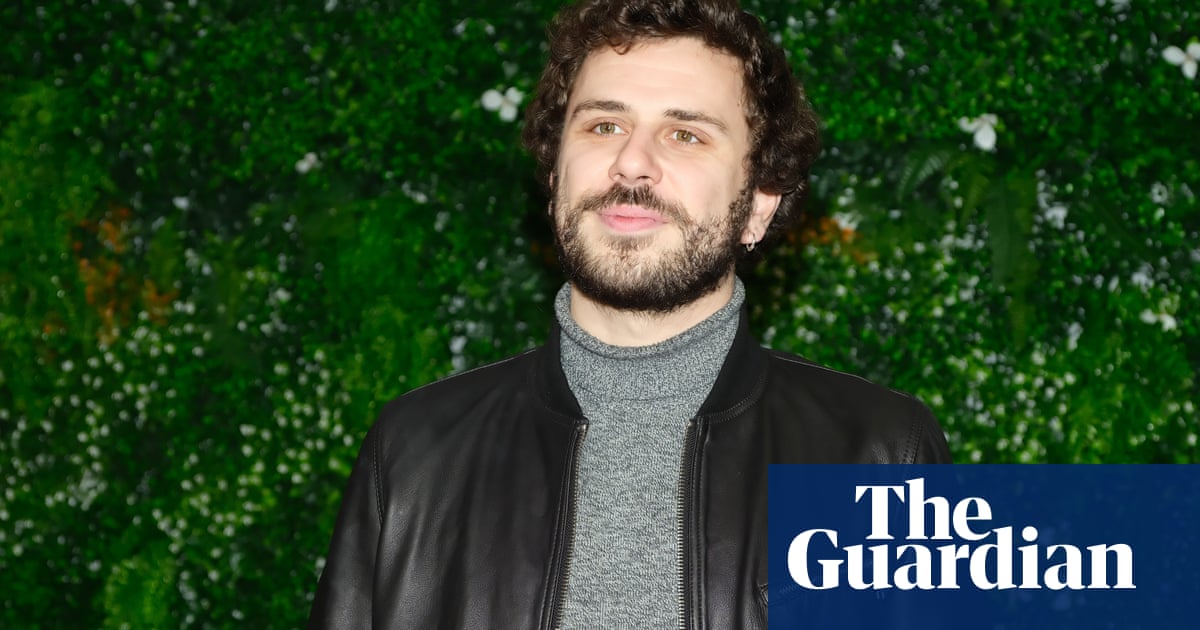The Cannes film festival said it had banned an actor in a prominent French film from the red carpet on Thursday because of sexual assault allegations against him.
Theo Navarro-Mussy has a secondary role as a police officer in the film Dossier 137 by Dominik Moll which is to premiere on Thursday in the festival’s main competition. According to French magazine Télérama, which broke the news, Navarro-Mussy was accused of rape by three former partners in 2018, 2019, and 2020, but the case was dropped last month for lack of evidence.
The three women plan to appeal and file a civil lawsuit, Télérama said.
Cannes festival director Thierry Frémaux confirmed to Télérama that Navarro-Mussy had been excluded because an appeal was under way. Navarro-Mussy’s lawyer denied this. “The procedure is still ongoing,” Frémaux was quoted as saying. The festival confirmed the decision and Frémaux’s remarks when contacted by news agency AFP.
The action against Navarro-Mussy would imply that any actor or director under active investigation for sexual assault would be excluded. It would align Cannes with the César awards, France’s equivalent of the Oscars, which announced in January 2023 that nominees convicted of or under investigation for sexual assault would be barred.
Navarro-Mussy, 34, who had a breakthrough role in the French medical TV drama Hippocrate, denies the allegations but he told Télérama he understood the decision by festival organisers.
In the past, Frémaux faced criticism from activists in 2023 over the choice of the film Jeanne du Barry to open the festival, which starred Johnny Depp. The movie marked Depp’s comeback after a toxic court battle with ex-wife Amber Heard that revealed his turbulent private life involving alcohol, drugs and domestic abuse allegations.
A French parliamentary inquiry into the entertainment industry published its findings last month, with MPs concluding that abuse of performers was “endemic”. Inquiry chair Sandrine Rousseau, a National Assembly member for the Greens party, called on Cannes to set an example in stamping out sexual abuse, as well as physical and psychological violence.
Navarro-Mussy said he was “worried” about his career, adding that he hoped the fact the case had been closed was “taken into account”. “I have explained myself to the justice system and at this stage have been cleared,” he added.
His lawyer said that he had not been notified of any appeal against the decision to close the investigation.
Moll, the director of Dossier 137, told AFP he was unaware of the allegations before starting to work with Navarro-Mussy “and during the film nothing happened”. Moll’s prize-winning previous film, The Night of the 12th, tackled the issue of violence against women. He said he was “very sensitive to this issue”.
The ban comes in the wake ofGérard Depardieu’s conviction for sexually assaulting two womenon a film set in 2021. The 76-year-old, who has acted in more than 200 films and television series, is the highest-profile figure caught up in France’s response to the #MeToo movement.
